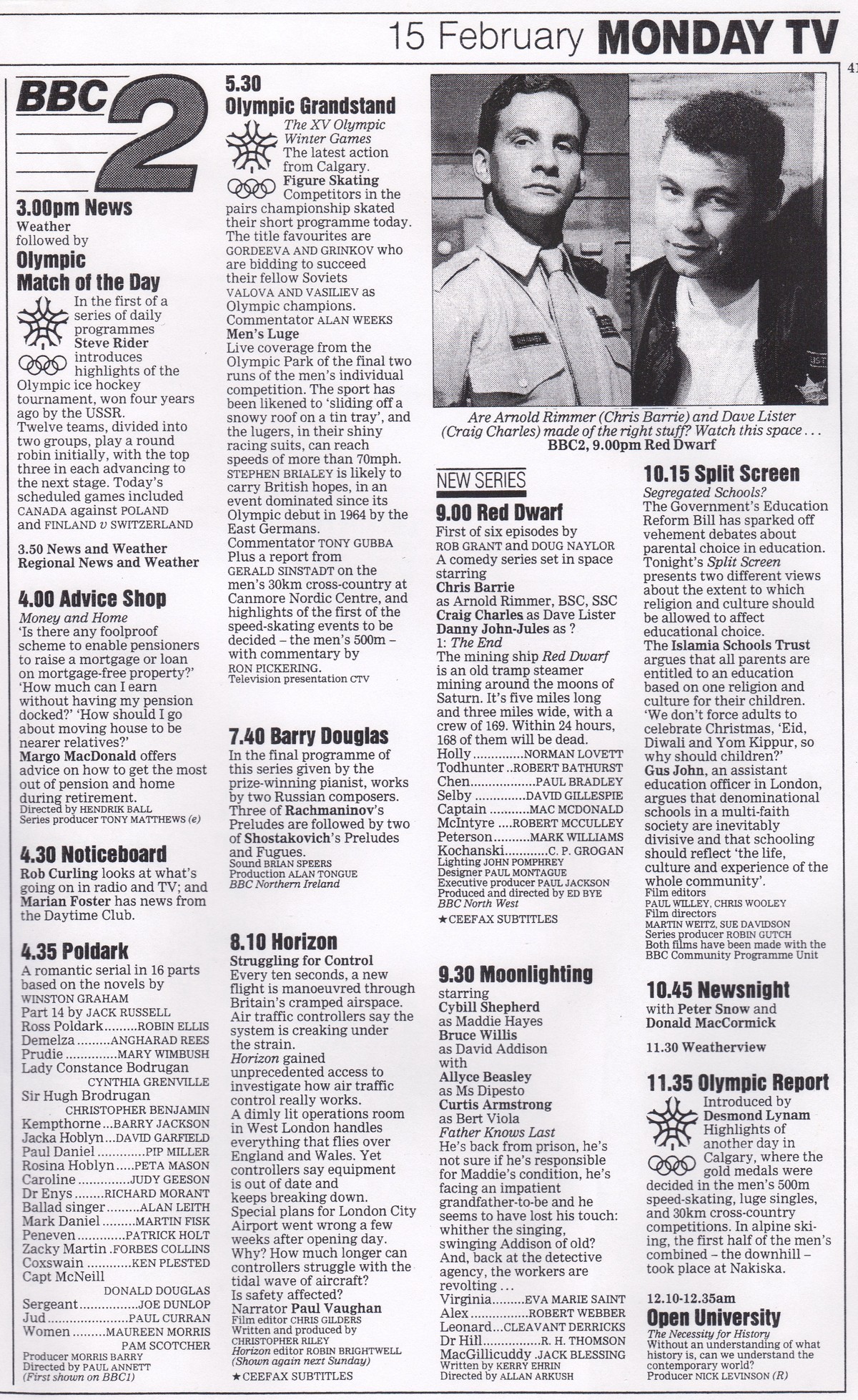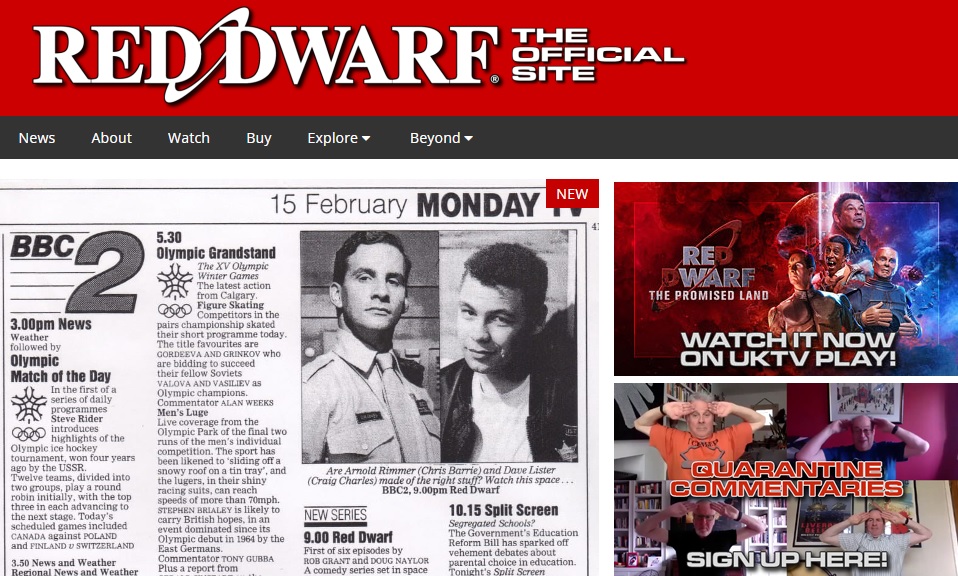Whenever I write about linkrot on the web, like I did yesterday, and like I’ve been doing for years, I occasionally get a bit of pushback. Firstly, there’s “But surely people have the right to delete their old stuff from the web?” To which my answer is simple: yes, of course they do. It’s their stuff, after all. I’m just pointing out that it might not always be such a great idea.
The second bit of pushback is trickier. “I generally agree with what you say, but do you really expect people to pay for domain names for years to keep dead projects online?”
Unfortunately, it’s difficult to refute that one. It’s a real problem. Indeed, it’s a problem I face every year, where I have to pay to keep Observation Dome (last updated July 2006) and Noise to Signal (last updated December 2009) online. Moreover, there are a fair few domains I have actually let lapse, for exactly this reason. For the first few months of Dirty Feed’s life, the site was called “Transitorized”, with the domain transistorized.org.1 I didn’t keep that registered. I simply couldn’t justify the expense, when the site never really gained any traction under that name.
Yeah, the word you’re searching for is “hypocrite”. Hey, I let my old blog fall offline as well, for that matter. I learnt from my mistakes.
So if you’ve been active online for years, and you’re the kind of person who gathers endless defunct projects with their own domains, then it can get very expensive, very quickly. I might only have two of those now, but others have more. Sometimes many, many more. This is a problem with no easy solution, and I wouldn’t like to pretend otherwise.
I will tell you what I eventually realised, though: that buying domain names at the drop of a hat often isn’t your best option, for the exact reason described above. I used to buy them all the time, often for vague projects which never really happened anyway. These days, the newest domain name I own is… erm, dirtyfeed.org, bought in 2010.2 In general, it’s often best to build yourself a place online under one name, and have it be the home of all your little projects on the web.
This can be good for pure, evil, branding purposes. You don’t have to build up a name from scratch each time. But it’s also good because it completely solves the problem above. You don’t end up owning endless domain names, costing you money long after you’ve finished a project. You simply have one, which is in constant use for whatever you’re up to.
Dirty Feed right now is usually “John writes about old telly”. But that’s not what the site actually is. Dirty Feed is really “Whatever fun thing John finds interesting”. In 20 years time, I’m still expecting Dirty Feed to be online and doing something. But what it’s doing might be something entirely different. For all I know, it’ll be knitting patterns. Regardless: one site, one name, endless projects.
Not that the above helps anyone who had a youthful penchant for buying loads of domains. The best solution if you can’t justify the expense is just to let those domain names lapse, and mirror all your old content on your current, rather-more-permanent site. Sure, all your links will break, and it wouldn’t solve the errant porn link issue I mentioned in my last piece, but it’s better than nothing.
It’s worth emphasising once more: all I really intend to do with these pieces is to inspire people to think about the issue. It’s not really about following a rigid rule of never letting your old stuff fall offline. It’s meant to be more subtle. “Are you really sure you want that to happen?” is closer to the mark.
A brilliant piece of analysis turning to dust; two decades of you changing as a person which someone found inspiring, gone; and yes, your magazine about indie video games becoming a porn site. If that’s what you actually want, then it’s your choice.
I just think there’s something to be said for a little preservation, that’s all. You never know what someone is going to find useful.
What a dreadful name, incidentally. I really, really struggled with what to call this place, and it was the best one I came up with before launch, based on an old Kenny Everett line about “transistorised people”. Long, dull, confusing. The delightful double meaning of Dirty Feed is a hundred times better. ↩
Well, technically, it’s observationdome.org, but that was repurchasing an old domain name I used to own, and then let lapse, so it doesn’t count. See here for the full story. ↩


